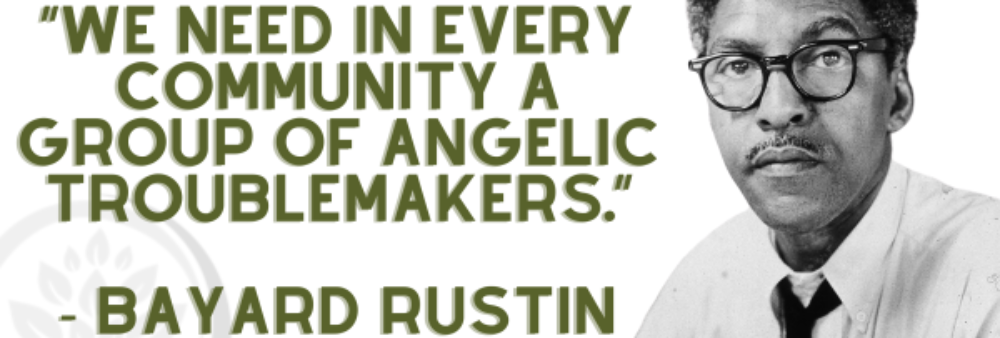
Understanding and addressing internalized anti-Blackness
Internalized anti-Blackness manifests itself as Black self-rejection and Black self-hatred. It is what happens when we as Black people absorb the harmful lies society tells about us. These born from centuries of racism messages sneak into how we see ourselves, each other, and our worth. But let’s be clear: there is absolutely nothing wrong with being Black. In fact, there is everything right about it.
What is Anti-Blackness?
Anti-Blackness is a deep-rooted system designed to devalue Black people. It is a perverse product of slavery, colonialism, false science, segregation. It still shows up today in our media, schools, neighborhoods, jobs, hospitals, and courtrooms. It’s the reason we see underinvestment in Black communities and over-policing of Black bodies. It’s the reason some of us were taught to question the very features and cultures that make us powerful.
How It Seeps In
When Black people are constantly shown negative images of ourselves, denied justice, and rarely see our beauty, brilliance, or leadership reflected in mainstream spaces, it can take a toll. We might:
- Doubt our worth
- Try to conform to white or Eurocentric standards
- Distance ourselves from our own people
- Quiet the parts of us that feel “too Black”
- Feel a deep sadness or anxiety that we can’t always name
But none of this is originally our fault. It’s what happens when a system works to make us overlook and eventually forget our greatness.
What It Looks Like
Internalized anti-Blackness can show up in many forms:
- Straightening our hair, altering our features, or lightening our skin to feel “acceptable”
- Believing we’re less intelligent or capable
- Looking down on other Black folks who don’t fit into white-centered norms
- Leaning into and defending the N word, or embracing N culture
- Feeling isolated, ashamed, or constantly trying to prove our worth
- Denying our heritage, language, or cultural practices
These experiences can deeply affect our mental health, leading to chronic stress, low self-esteem, anxiety, and more. But healing is not only possible, healing by reclaiming a positive sense of self and identity is our birthright.
Pathways to Healing and Power
We heal by reclaiming our truth – both good and not so good, and both remembering who we are and who we’ve always been. Here’s how we start:
- Learn our history and unlearn the lies. Knowledge is power. Knowing our roots helps us see the strength in our melanated skin, our story, and our spirit.
- Affirm ourselves. Speak love into your reflection. Say, “I am enough. I am powerful. I am beautifully Black.”
- Celebrate our culture. Our beautiful music, style, language, food, dance, and culturally affirming traditions are sacred. Engage with them joyfully.
- Find your community. Healing happens in our human connection. Surround yourself with other Black folks who see, love, and uplift you.
- Get support. Therapy, especially with a culturally competent Black therapist, can be a powerful tool for healing.
- Be part of positive change. Whether through mentoring, organizing, or simply showing up honestly and respectfully, your positive existence enables positive resistance.
Resources like Critical Thinking and Cultural Affirmation (CTCA), Therapy for Black Girls, and Therapy for Black Men are available to help guide that journey.
The First Steps
Start by mentoring and affirming yourself and others. Help each other understand that being Black is not a burden it is a blessing. There is nothing that needs to be fixed about our lips, our skin, our hair, or our rhythms. We are descendants of survivors, innovators, and visionaries.
Once our mental liberation has been achieved, we learn to see and think more clearly. Rather than allowing non-Black others to define us, we can begin defining ourselves through the beauty of our own reflection.
We are more than enough. We always have been, and we are just getting started.
